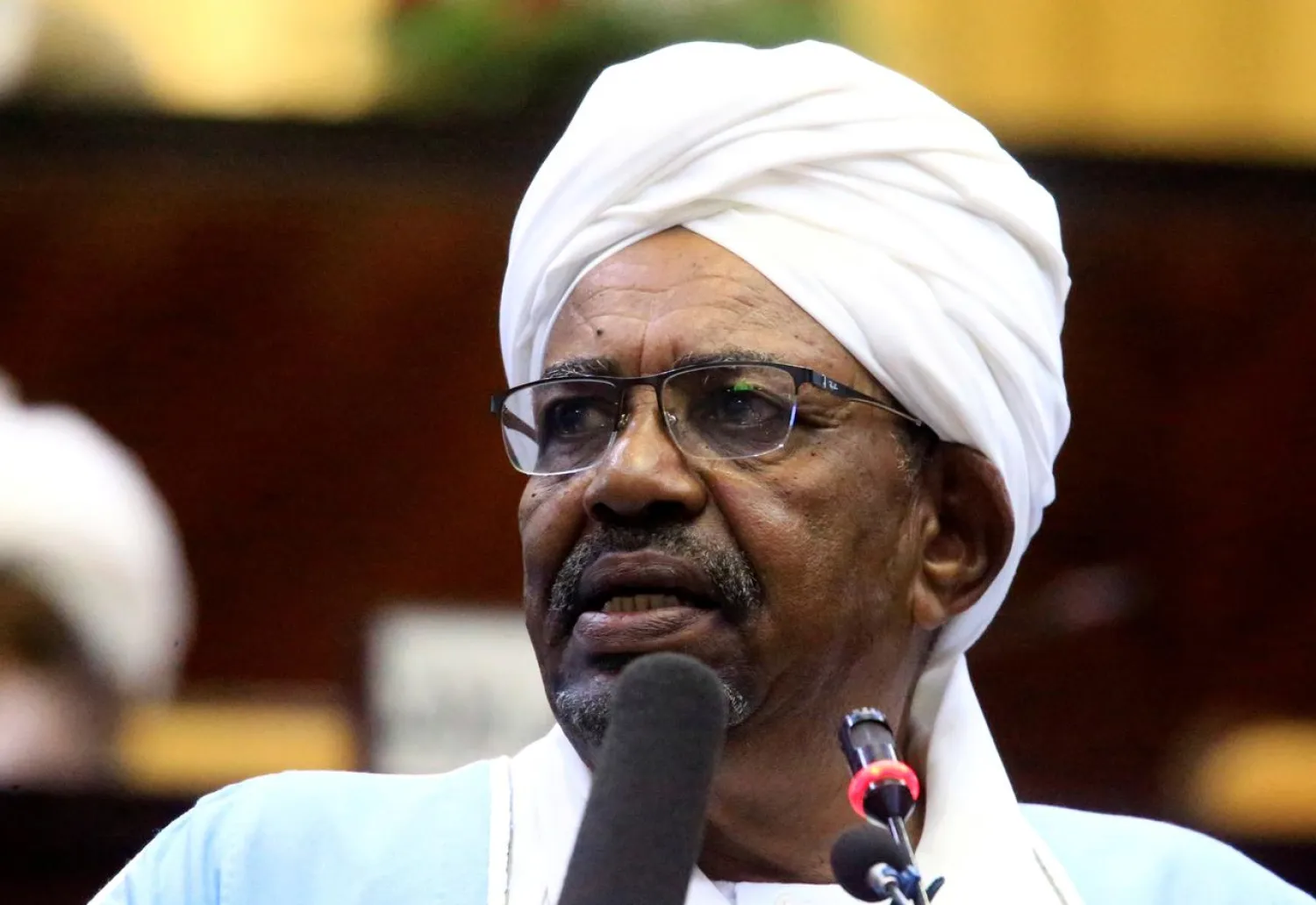Sudan's ousted president Omar al-Bashir, who ruled the country for 30 years, arrived in court Monday in Khartoum for the start of his trial on corruption charges.
Bashir was forced from power on April 11, after months of protest against his regime and appeared before a prosecutor for the first time on June 16.
He faces charges of "possessing foreign currency, corruption and receiving gifts illegally".
An AFP reporter outside the Judicial and Legal Science Institute where the trial is taking place said Bashir arrived in a huge military convoy.
In April, Sudan's army ruler General Abdel Fattah al-Burhan said more than $113 million worth of cash in three currencies had been seized from Bashir's residence.
In May, the prosecutor general also said Bashir had been charged over killings during the anti-regime protests which eventually led to his ouster.
Protests against Bashir's rule erupted on December 19 after his government tripled the price of bread.
The most serious indictments facing Bashir, who ruled the country since seizing power in a 1989 coup, have been filed by the Hague-based International Criminal Court (ICC).
They include war crimes, crimes against humanity and genocide for his role in the war in Darfur, where a rebellion erupted in 2003.
The ICC has for years demanded that Bashir stand trial, and has renewed its call since his fall.









